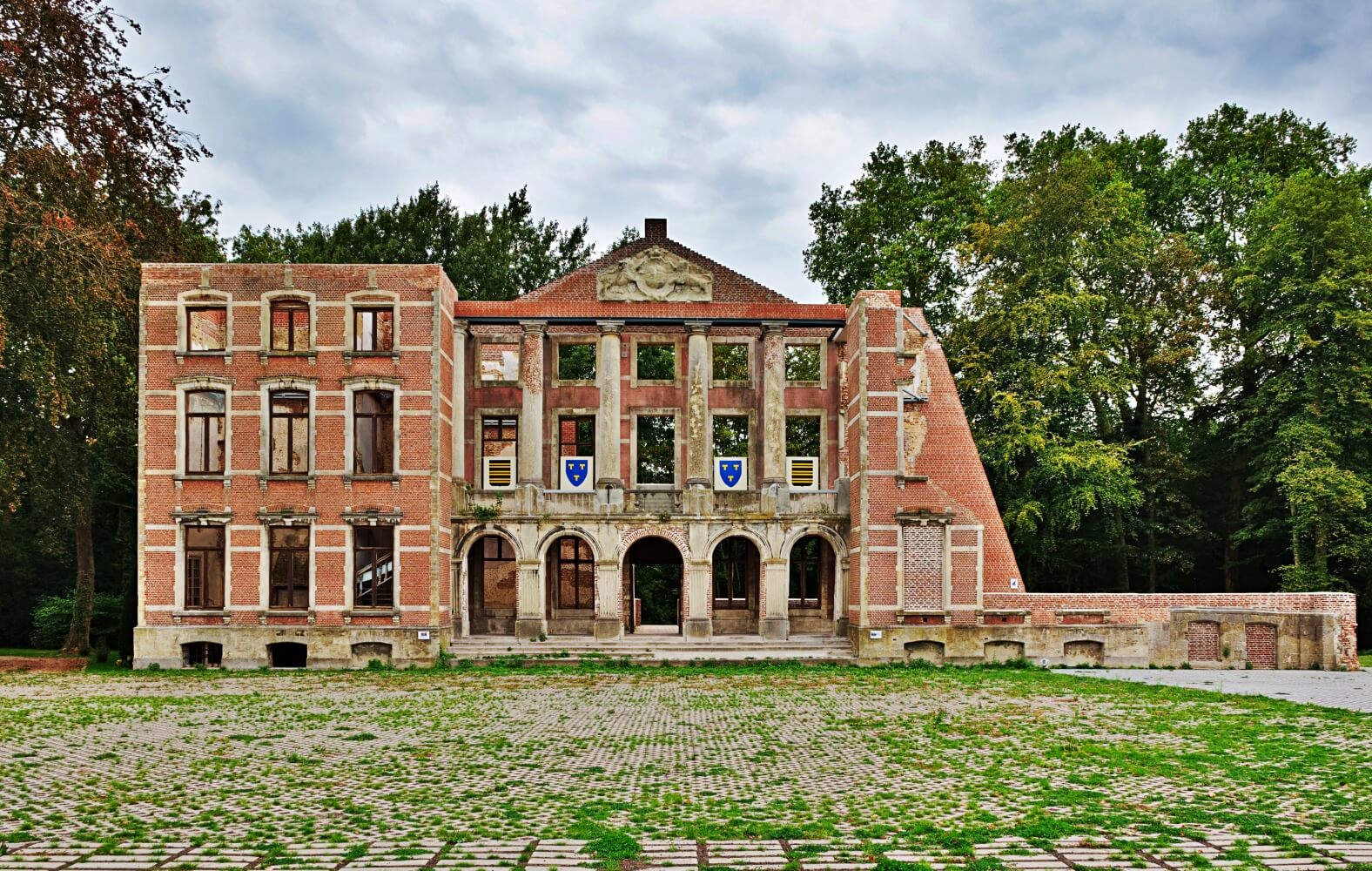Mesen Castle
Oost-Vlaanderen Vlaams Gewest Belgium
castle, chateau
Kasteel van Mesen
Oost-Vlaanderen Vlaams Gewest Belgium
castle, chateau
Mesen Castle was an important noble residence in Lede, Belgium, today partly ruined and completely abandoned
Het Kasteel van Mesen was tot de sloop in 2015 een kasteel gelegen in de gemeente Lede, Oost-Vlaanderen
Previous names
Mesen Castle, Kasteel van Mesen, Kasteel van Mesen
Description
Mesen Castle was an important noble residence in Lede, Belgium, today partly ruined and completely abandoned. The 18th century castle is considered to have been one of the most important aristocratic estates of the 18th century.
History
Originally the vast estate and castle were private owned by the Marquess of Lede. Among the castle's residents were Françoise de Bette and Jean François de Bette, 3rd Marquess of Lede. The 18th-century facade was designed by the Italian architect Giovanni Niccolò Servandoni for the 4th Marquess, Emmanuel de Bette. It is considered one of this architect's major works. The main facade has a dorian colonnade with balustrade and large pediment, with heraldic crest of the house of Bette, holding lions.
After the noble house became extinct, the property was bought in 1897 by a Catholic institution and had an important social function. New buildings were added in Neogothic style.
From 1914 to 1970, the castle became a boarding school for girls. Institution Royale de Messines moved to the Mesen Castle after the First World War. There were approximately 150 girls from 5 years old to 18 years old that studied in french at the 'Pensionnat de Lede' from 1914 to 1970. The school was for daughters of men in the military after the First World War. It was a very good school managed by very strict laic ladies where girls learned french, flemish dutch, arithmetic, gymnastics, theatre, cooking, good manners, painting, and sewing. The girls and ladies lived together in a very close community, leaving only for Christmas, Easter and summer vacations, and having visitors once a month.
Before the final demolition in 2011, the ruins were popular for urban exploration.
Het Kasteel van Mesen was tot de sloop in 2015 een kasteel gelegen in de gemeente Lede, Oost-Vlaanderen. Het maakte deel uit van een van de vier cirkelvormige versterkingen, gebouwd door de vorsten tijdens de negende en de tiende eeuw ter bescherming tegen de Noormannen. Het was een rechthoekig hoog gebouw, gesitueerd ten zuiden van de versterking en gelegen rond een binnenplaats met aan de zuidwesthoek een kapel-aanbouw.
Door het huwelijk van Jaak Bette met Isabelle, de enige dochter van de plaatselijke heer Jan de Gruutere, kwam deze rijke Gentse familie in het bezit van Lede en van het kasteel, die zich sindsdien de Heeren van Lede noemen. Jean-François Bette schopte het zelfs tot onderkoning van het eiland Sicilië. De heerlijkheid Lede werd in 1607 tot baronie verheven door de Prins der Nederlanden omdat Jan Bette de titel van baron verwierf. In 1635 behaalde Lede de status van markiezaat, met leden van de familie Bette als markiezen.
Eind negentiende eeuw werd het een kostschool voor meisjes die na de Eerste Wereldoorlog in handen kwam van het Koninklijk Gesticht van Mesen, waaraan het zijn huidige naam ontleent. Omdat onderwijs in het Frans in het Vlaamse gewest verboden werd, staakte de stichting in 1971 alle activiteiten en ontruimde het terrein.
Totale verwaarlozing van de gebouwen en een klassering als parkzone in 1999 laten een ruïne ontstaan. In sommige kranten was er sprake van het opzettelijk verwijderen van dakpannen en vensters om de verkrotting in de hand te werken. In 2010 werd, na een jarenlange en vergeefse strijd van allerhande monumentenorganisaties en architectuurliefhebbers, overgegaan tot sloop. In de plaats zouden serviceflats komen.
Hierop werd op Facebook een groep opgericht, waar diverse liefhebbers hun ongenoegen over de vernietiging van het kasteel uitten. De vraag naar een sluitende wet die het verbiedt om historisch erfgoed in Vlaanderen te slopen of te verwaarlozen is groot.
Maar ondanks alle pogingen om dit erfgoed te bewaren is de kapel en de aanliggende vleugel afgebroken voor de bouw van het nieuwe rusthuis. De toekomst van de overgebleven vleugel, de markizaat en de boerderij lijkt anno 2019 onzeker. De strijd om de overgebleven delen gaat nog steeds verder.
Nearby castles
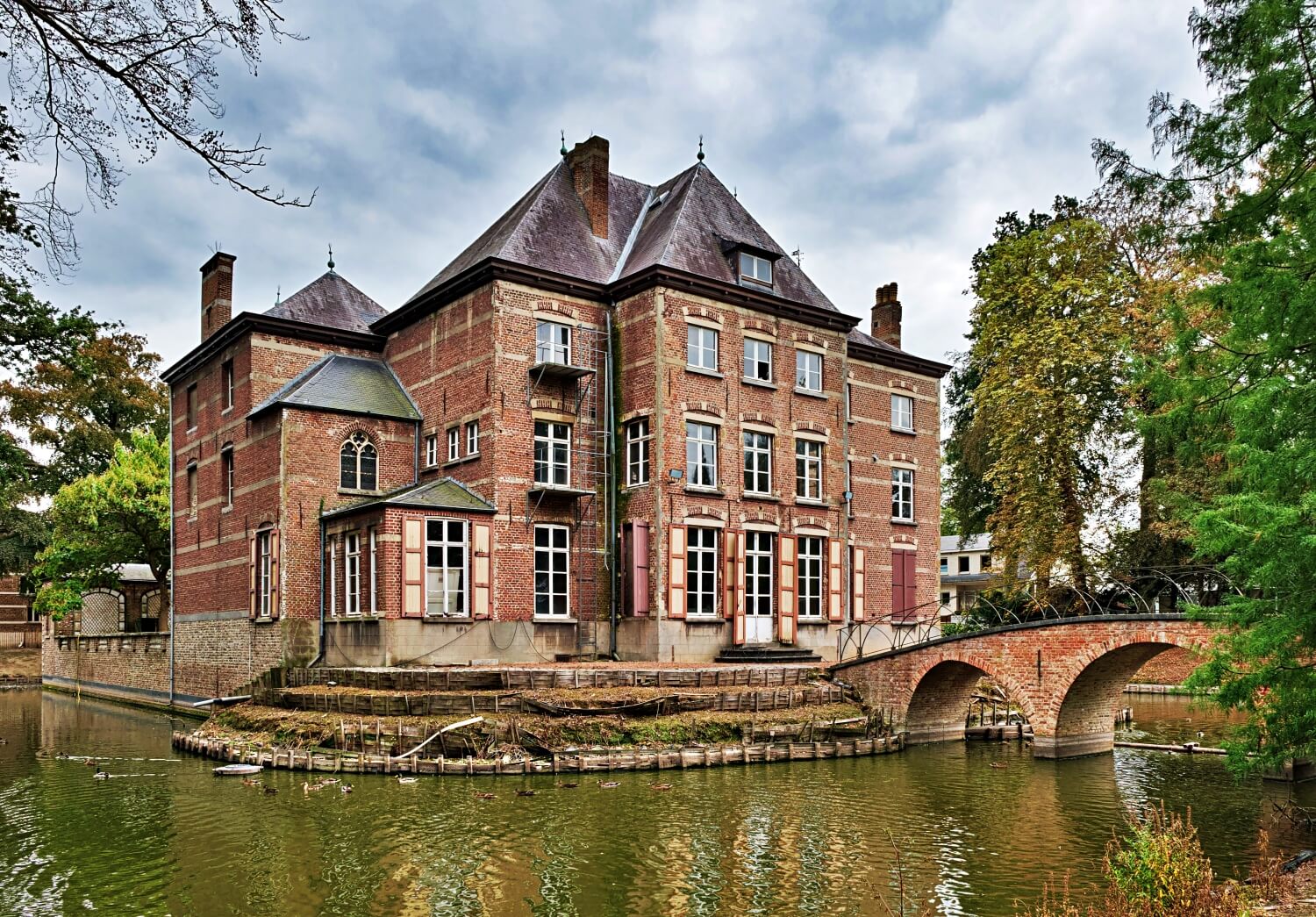
Kasteel Terlinden
Oost-Vlaanderen
3.5km
manor, mansion
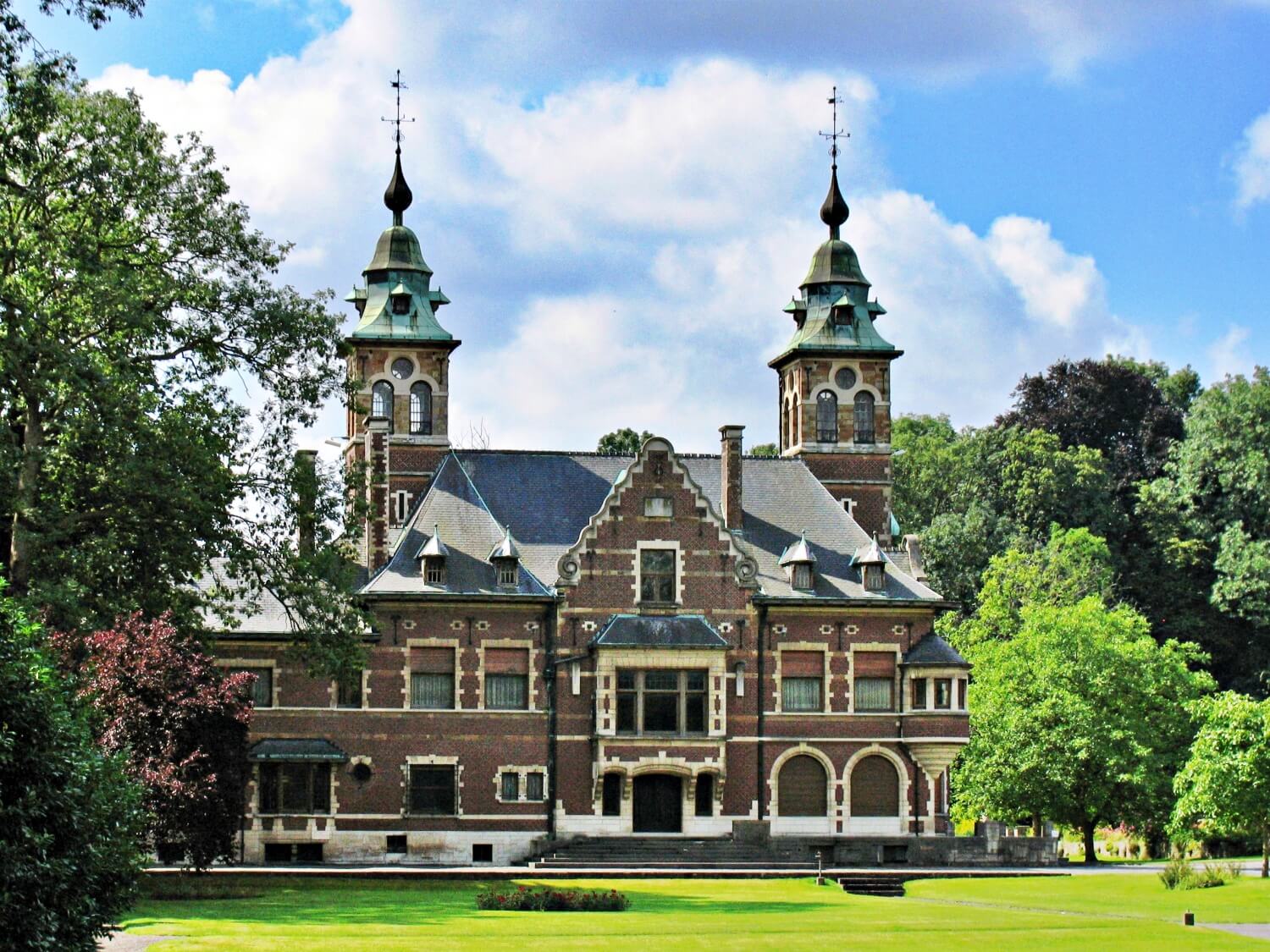
Kasteel van Regelsbrugge
Oost-Vlaanderen
4.9km
manor, mansion
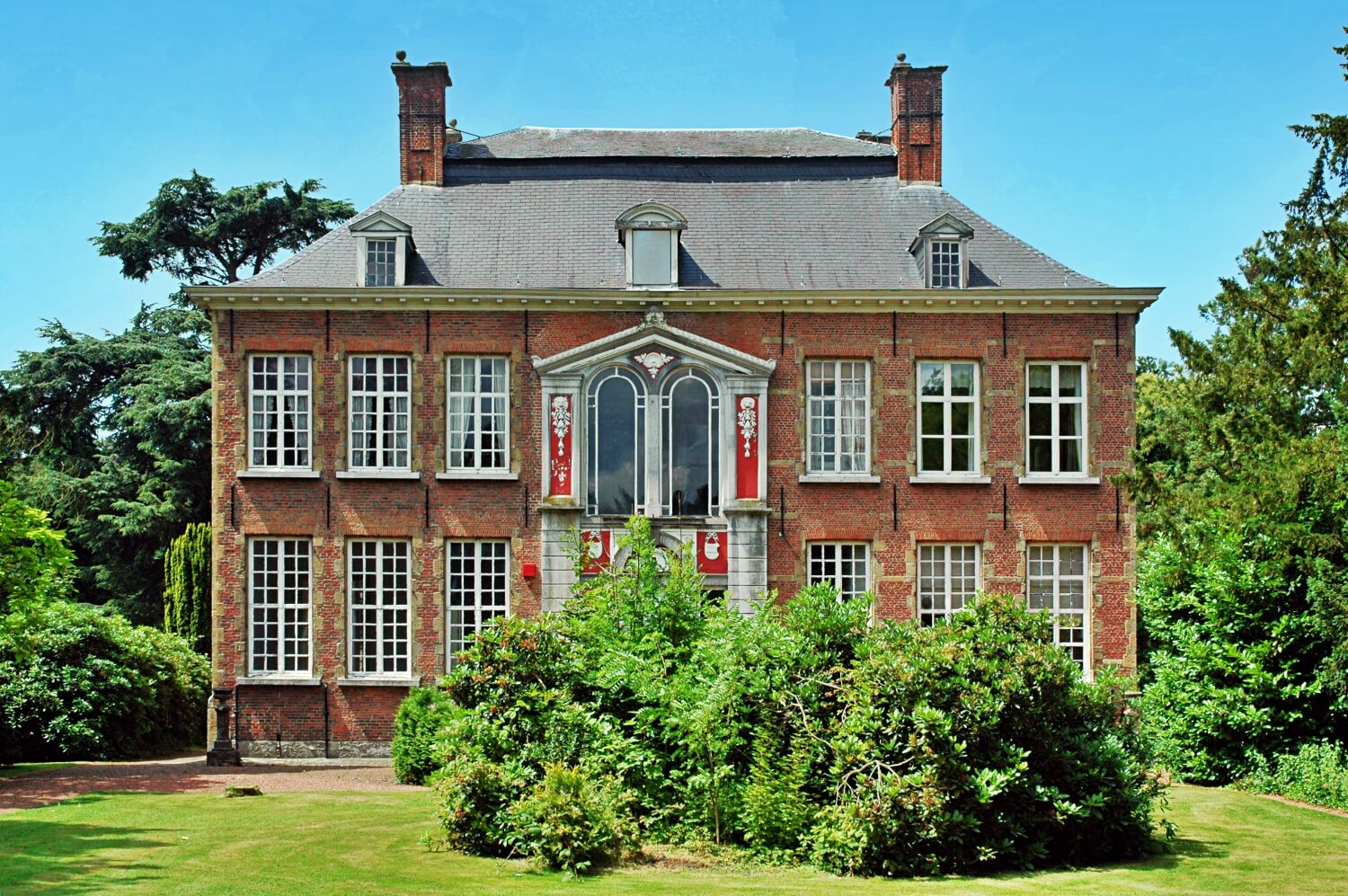
Kasteel van Berlare
Oost-Vlaanderen
6.4km
manor, mansion
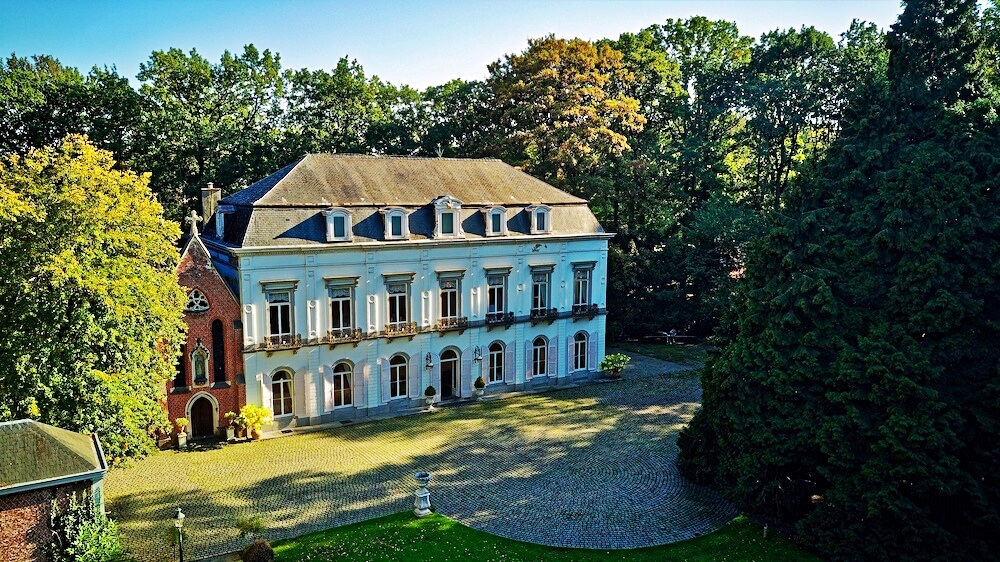
Kasteel De Rozerie
Oost-Vlaanderen
6.6km
manor, mansion
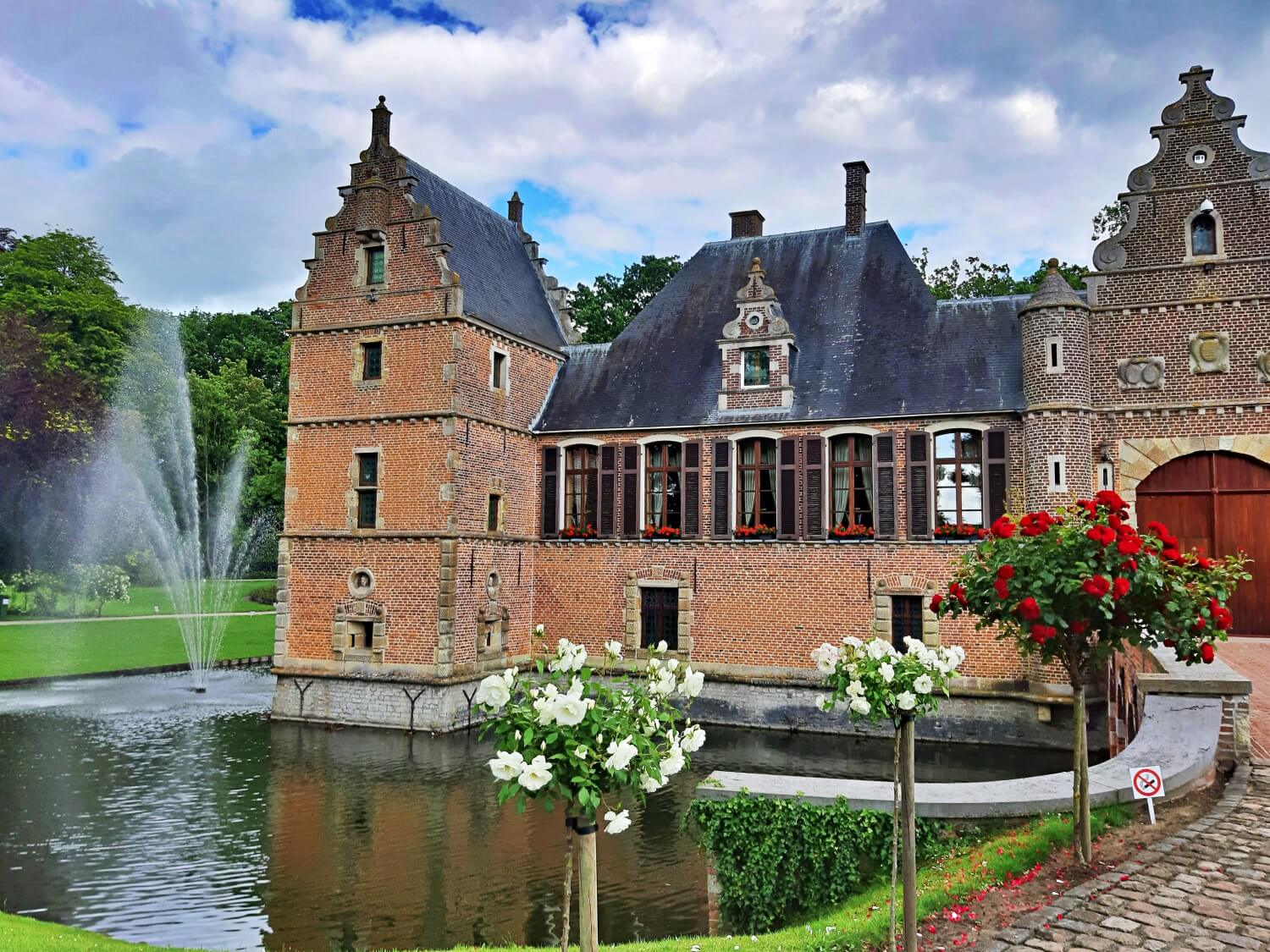
Waterkasteel van Moorsel
East Flanders
8.6km
manor, mansion
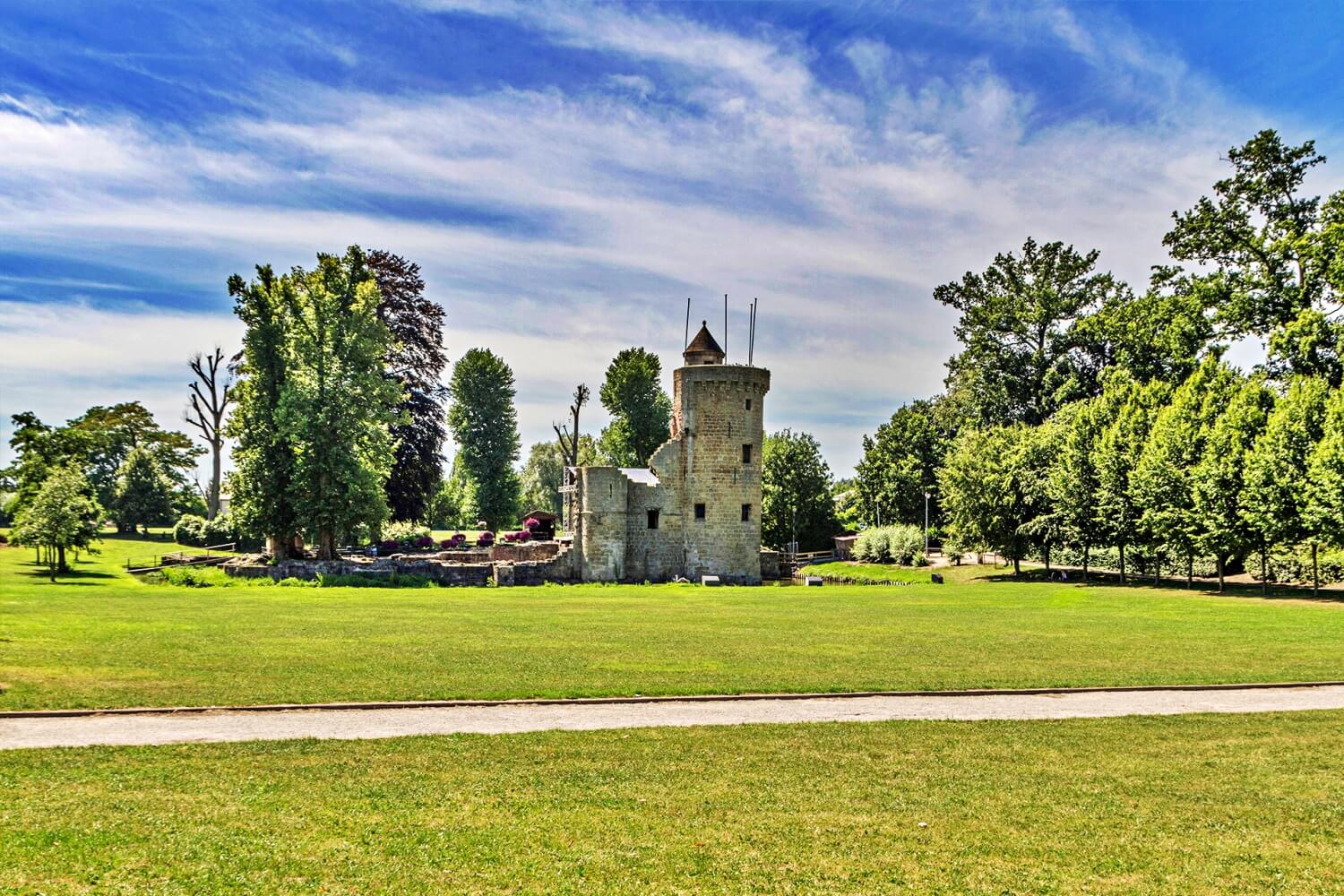
Herzele Castle
Oost-Vlaanderen
11.2km
castle, chateau
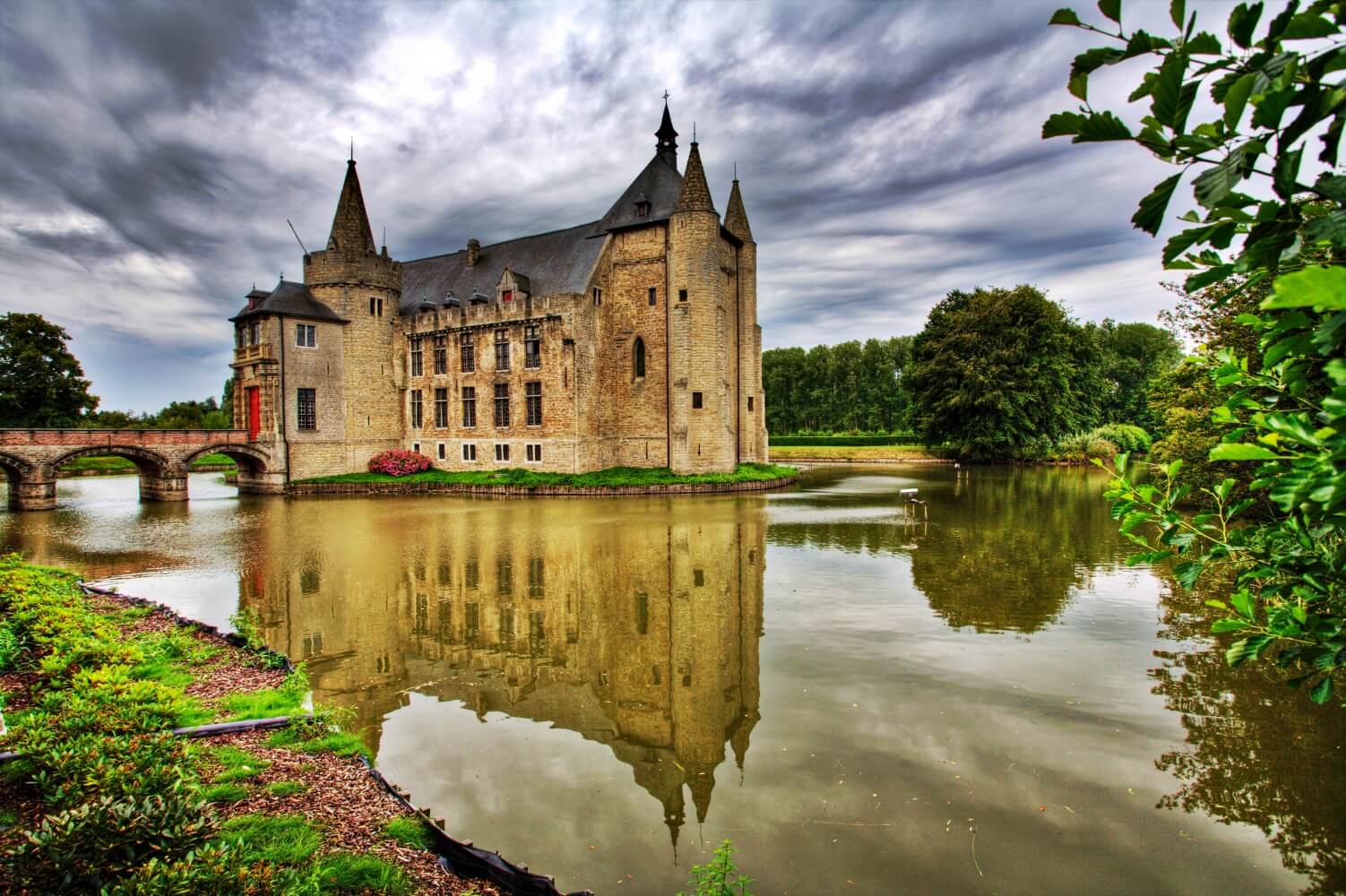
Kasteel van Laarne
Oost-Vlaanderen
12.3km
manor, mansion
